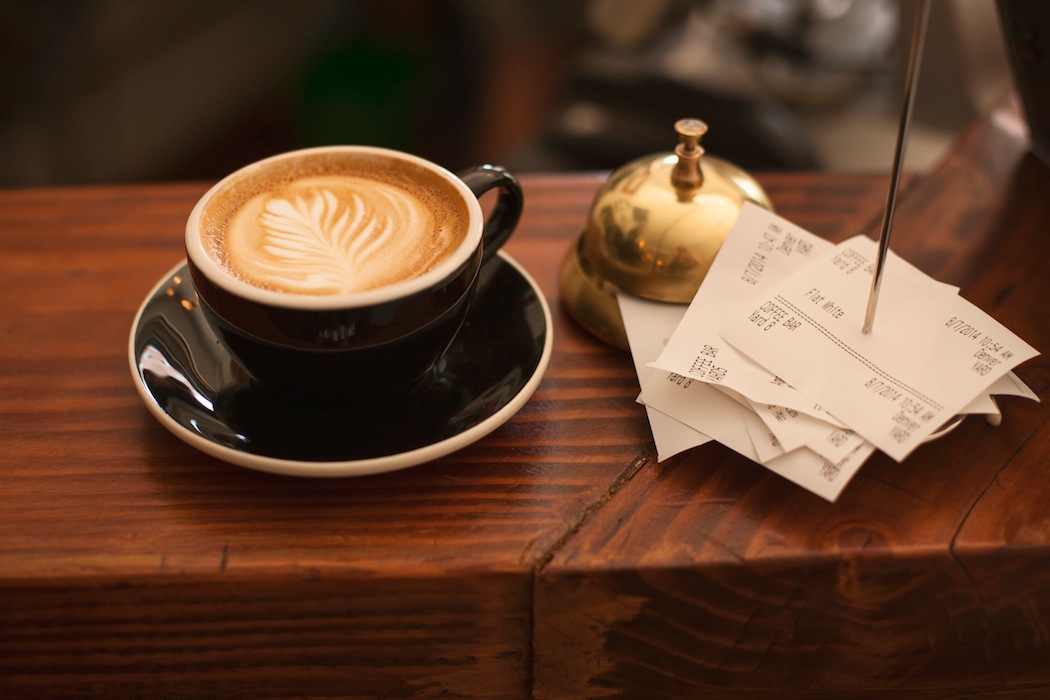Most of us seem to like it, but how and when we drink coffee can have consequences for our health.
In the past, and in another post this month, I’ve referred to the work of French biochemist Jessie Inchauspié. She calls herself the Glucose Goddess and her research on blood sugar has shaken up our understanding of how to manage this key aspect of our metabolism.
So let’s apply her principles to having a coffee. We can start at base level — black with nothing.
That’s considered healthy, provided it makes us feel good. But some of us are sensitive to coffee and it leaves us feeling jittery or edgy.
When this happens it’s creating a stress response, and stress causes our bodies to release glucose into the bloodstream, so we’re ready to fight or flee.
It mightn’t be huge, but it’s a spike in blood sugar that we don’t need. So more sensitive folk might consider drinking tea instead.
What about the things we add to coffee — sugar and milk? And when we have it?
Sugar will give us a glucose spike, so if we put it in our coffee we don’t want to have that on an empty stomach, i.e. before breakfast or mid-morning.
Reminder: spikes in blood sugar set us up for cravings (and more likelihood of weight gain), fatigue, inflammation, and long-term, disease.
So our aim is to keep it as steady as possible.
How do we do that?
Of course, we can wean ourselves off the sweetness of sugar. Slowly cut down until we don’t care for it anymore.
If that’s not in our plan, stevia and monk fruit are sweet alternatives that won’t create that spike.
And if life without sugar is too shocking to contemplate, we can have our coffee after breakfast, so the fibre, protein and fat in our healthy breakfast helps buffer the sugar in our coffee.
Or we could add a little less sugar as well as having our coffee after breakfast.
Making a smart choice about milk follows the same principle. Fat and protein limit the glucose spike, which is why the best option is still plain old full cream milk.
If you don’t like or can’t tolerate dairy milk, go for unsweetened almond milk. Because almonds contain fat and protein.
The problem with nut milks is the additives. If your daily coffee is from a café, either take your own nut milk (that you’ve chosen because it’s unsweetened and has minimal extras) or ask to see the container it comes in and read the label.
If you have an occasional coffee in a café, it’s no big deal. If you do it regularly, it’s a big enough deal to care what you’re drinking.
As for oat milk or rice milk, let’s not even go there. They’re starchy water, probably sweetened.
If you’ve been thinking your oat milk latte sounds ultra-healthy, sorry, see if you can switch to something less likely to give you that big jump in blood sugar.
Now, let’s say you go for a mid-morning coffee, can’t resist the pastries or cakes in the display case, and lash out on a treat. Here’s what Jessie Inchauspé would say is the clever thing to do.
Instead of eating it with your coffee on a relatively empty stomach, take it home and have it for dessert.
If you have it after a good meal, the meal will buffer the impact on your blood sugar.
And just one more thing, as if coffee drinking isn’t now complicated enough.
A UK study in 2020 showed that the combination of a poor night’s sleep plus caffeine first thing seems to upset our glucose metabolism, i.e. it makes us more prone to glucose spiking.
When people were tired after disrupted sleep, strong black coffee on an empty stomach — something we might typically have to perk ourselves up — produced a 50 percent bigger spike than it otherwise would.
So when you’ve had a bad night’s sleep, avoid reaching for a coffee first thing. Wait until you’ve had a good breakfast.
Photo Source: Carli Jean, Unsplash

